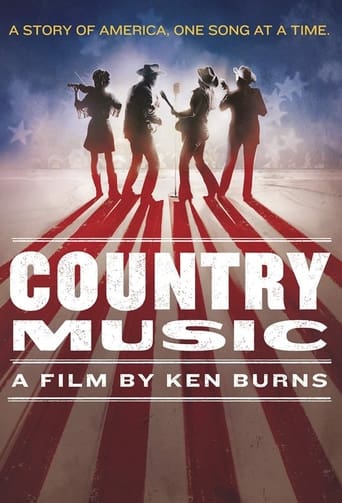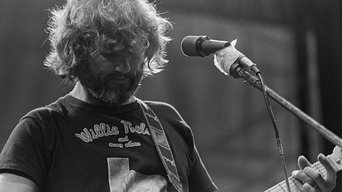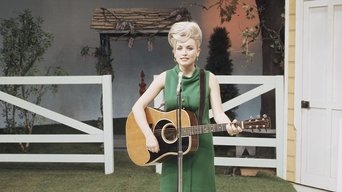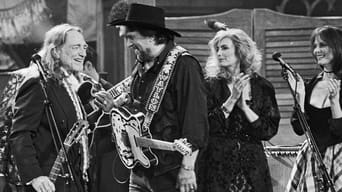Country Music by Ken Burns (2019)
Country Music by Ken Burns
2019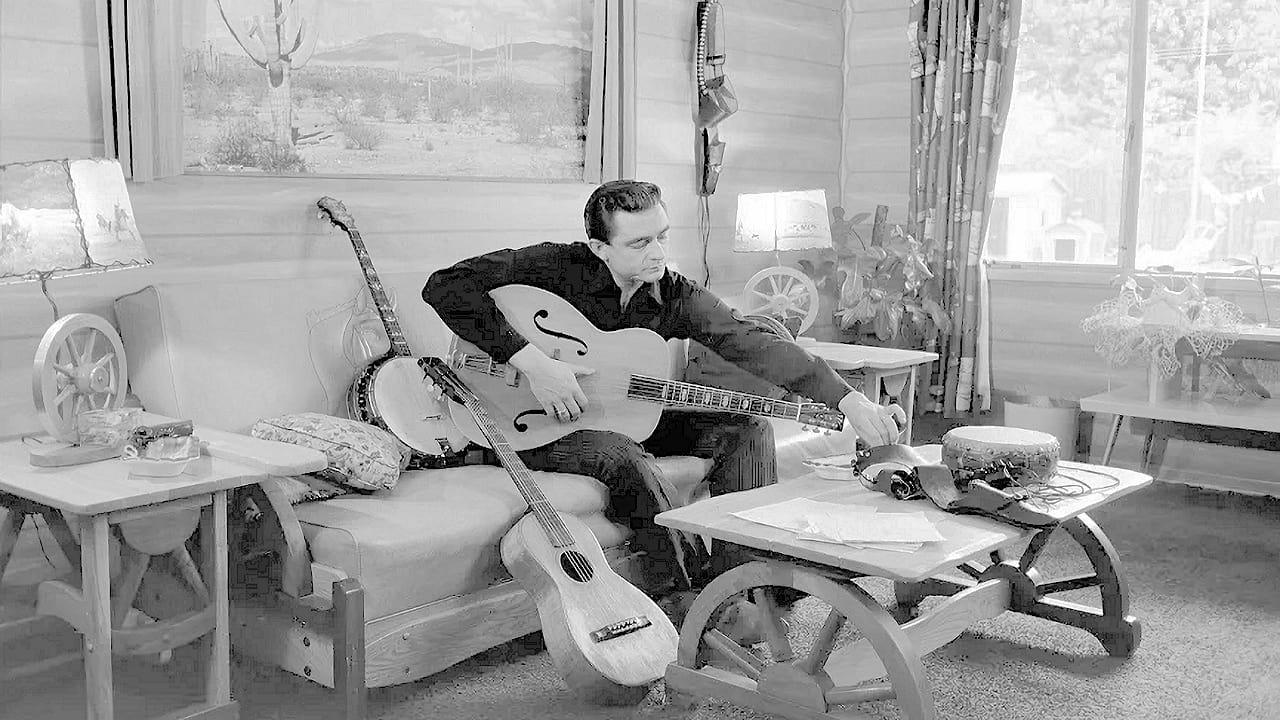
Country Music is a documentary miniseries chronicling the history and prominence of country music in American culture. The 8-part series was released on PBS (US) in September, 2019. It was re-edited into nine shorter 50min episodes for release on BBC Four in November 2019.
Seasons & Episode
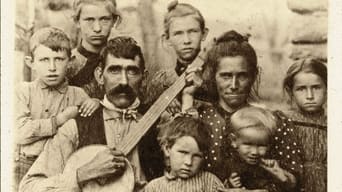
After centuries of percolating in the American South, what was first called hillbilly music began to reach more people through the new technologies of phonographs and radio. The Carter Family, with their ballads and old hymns, and Jimmie Rodgers, with his combination of blues and yodelling, became its first big stars.
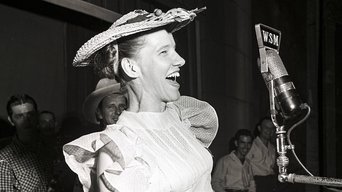
During the Great Depression and World War II, country music thrived and reached bigger audiences. Bob Wills adapted jazz's big band sound to create Texas swing, and Grand Ole Opry singer Roy Acuff became a national star. Despite a divorce between two of its members, the Carter Family carried on, turning out songs that went on to be classics. Nashville slowly became Music City and the centre of the growing country music industry.
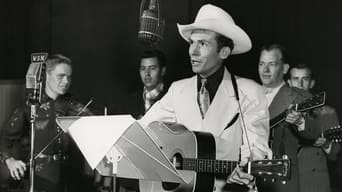
As country music adapted to the cultural changes of post-war society, Bill Monroe, Lester Flatt and Earl Scruggs transformed traditional string band music into something more syncopated - bluegrass. Out of the bars and juke joints came a new sound - honky-tonk - with electric guitars and songs about drinking, cheating and heartbreak. Its biggest star was Hank Williams, a singer who wrote songs of surprising emotional depth, derived from his troubled and tragically short life.
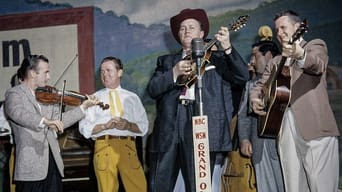
In Memphis, the confluence of blues and hillbilly music at Sun Studios gave birth to rockabilly, the precursor of rock and roll. Elvis Presley and Johnny Cash were at the forefront. In the recording studios of Music City, country music’s twang was replaced by something smoother - the Nashville sound. Patsy Cline became one of its biggest stars before her untimely death.
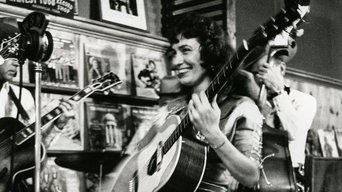
The mid to late 60s were a time of cultural upheaval and country, as much as other genres of music, reflected the profound changes in American society. Loretta Lynn wrote and performed songs that spoke to women everywhere, Charley Pride rose to stardom, when people responded to his voice instead of the colour of his skin, and Merle Haggard left prison to become the ‘Poet of the Common Man’. Johnny Cash’s life and career descended into the chaos of addiction, but he found salvation thanks to the intervention of June Carter and a landmark album.
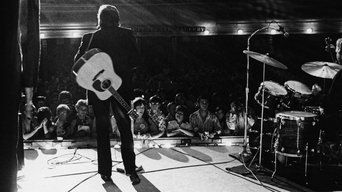
As country music’s popularity rocketed, the genre questioned whether it could stay true to its roots. The success of ‘New Traditionalists’ like Reba McEntire and the Judds suggested it could. Garth Brooks overcame rejection and exploded onto the scene. And after being left behind by his label, Johnny Cash returned to a studio with just his guitar and his unforgettable voice to record albums that sold millions of copies and earnt him the respect of the industry he helped to create. Meanwhile, Rosanne Cash came out of the shadow of her father to start her own music career.
Country Music is a documentary miniseries chronicling the history and prominence of country music in American culture. The 8-part series was released on PBS (US) in September, 2019. It was re-edited into nine shorter 50min episodes for release on BBC Four in November 2019.
Watch Trailer
Free Trial Channels


